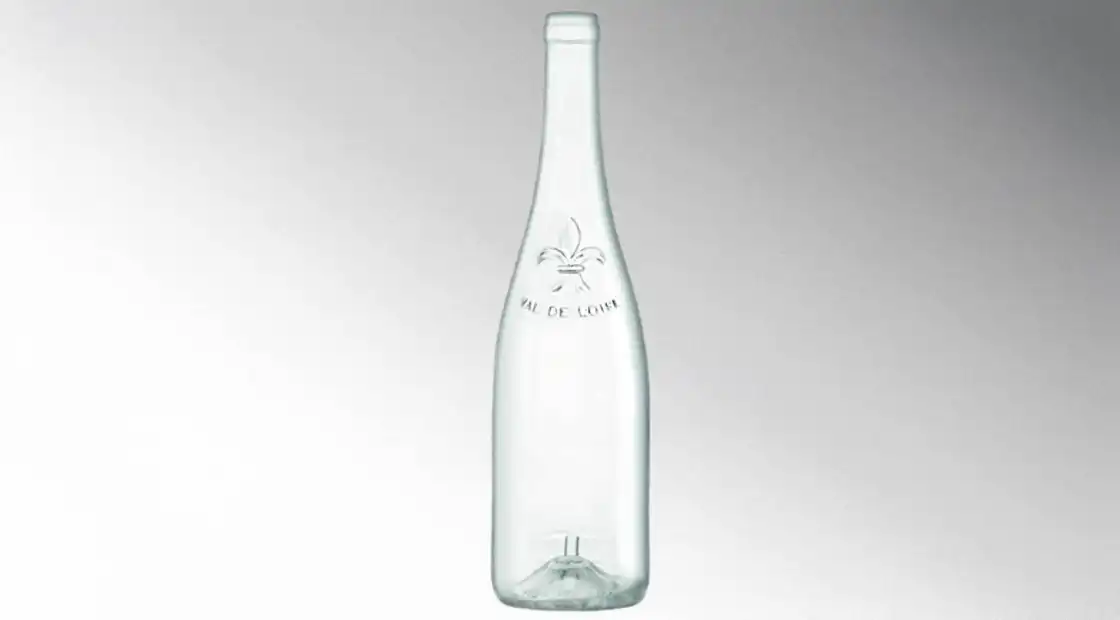Reducing the carbon footprint of Loire wines: a tool for the sector

A collective tool to measure and reduce carbon emissions
This talk, proposed at SIVAL 2025 by Interloire, highlighted the collective approach taken by the Loire winesector to manage its carbon footprint. Since 2019, the sector plan to 2030 has been based on three commitments: social, societal and environmental, the latter leading to in-depth reflection on the carbon issue. The aim is twofold: to enable companies to carry out a precise environmental diagnosis of their structures, and to provide the interprofession with a global vision of the winegrowing sector 's emissions over the entire territory, from Nantes to Blois.
To meet this challenge, a partnership has been set up with Foodpilot, which has developed Winepilot, a specific tool for the wine sector . This tool not only calculates the carbon footprint of operations, but also simulates reduction strategies and analyzes performance trends over time. The platform is designed to be accessible to all players in the sector: winegrowers, cooperatives and merchants, and aims to be widely adopted in order to obtain representative data that can be used on a collective scale.
Winepilot: a digital solution validated and adapted to the sector's needs
Winepilot is based on a data collection and analysis system structured in several stages: data entry, personalized calculation of carbon emissions, proposal of reduction trajectories and individualized progress plan. The tool has been validated by Bureau Veritas, guaranteeing the robustness and reliability of the results obtained. The integration of recognized methodologies, such as those established by the French Agency for Ecological Transition (ADEME) and the GHG protocol, means that the system complies with environmental measurement standards.
Two distinct versions are offered: an inter-professional version and an enterprise version. The simplified inter-professional version aims to maximize the adoption rate by reducing input constraints and standardizing references. Conversely, the enterprise version offers greater automation, notably with the import of accounting data and extra-financial declarations such as the CSRD standard. This modularity guarantees adaptation to different needs, from small structures to the largest operations.
Data collection and simulation of carbon trajectories
The platform's operation is based on a questionnaire structured into nine chapters covering all sources of emissions: energy consumption, input use, fixed assets, packaging, transport, etc. Each element of the carbon footprint is detailed, from the types of fuel consumed to the breakdown of packaging according to raw materials and recycling rates. Each element of the carbon footprint is detailed, from the types of fuel consumed to the breakdown of packaging according to raw materials and recycling rates. In addition, a section takes into account carbon sequestration capacities, by integrating specific cultivation practices such as permanent grassing or agro-ecological infrastructures.
Once the data has been entered, Winepilot generates key indicators, enabling companies to compare their performance with that of other players in the sector, on the basis of anonymized data. Simulations are available to identify the most relevant levers for improvement, with personalized recommendations based on existing practices. This enables operators to adjust their energy consumption, optimize fertilizer use or adopt appropriate recycling strategies. Tracking over time enables the effectiveness of implemented actions to be assessed, and trajectories to be adapted on an ongoing basis.
A structuring tool for sustainable transition
By enabling information to be fed back on a collective scale, Winepilot helps to identify opportunities for shared action, such as the implementation of reuse systems or the creation of short biomass circuits. The interprofession can thus steer a common strategy and support operators in their environmental transition. Massive use of this tool is essential to produce representative and credible data in the eyes of institutions and international markets, where environmental transparency is becoming a decisive commercial issue.
Following a pilot phase involving some twenty companies in the Loire region, Winepilot is now being rolled out across the board. The platform is part of a national dynamic, in collaboration with other interprofessions such as those in Burgundy, Bordeaux and the South-West. The accessibility of the solution, with a low subscription fee of around 50 euros per year, is designed to facilitate its adoption by as many people as possible.
Speakers
RAPHAEL SUIRE - Climate Water Carbon Project Manager - INTERLOIRE
Frédéric VOLLE - Co-founder & CDO - FOODPILOT